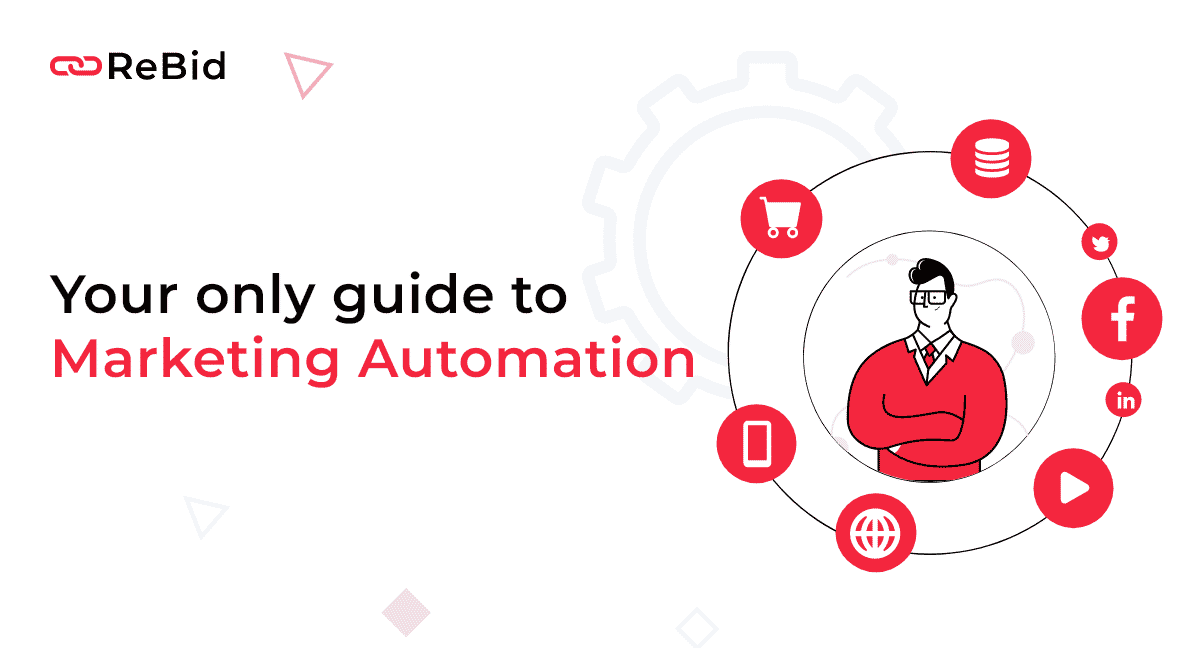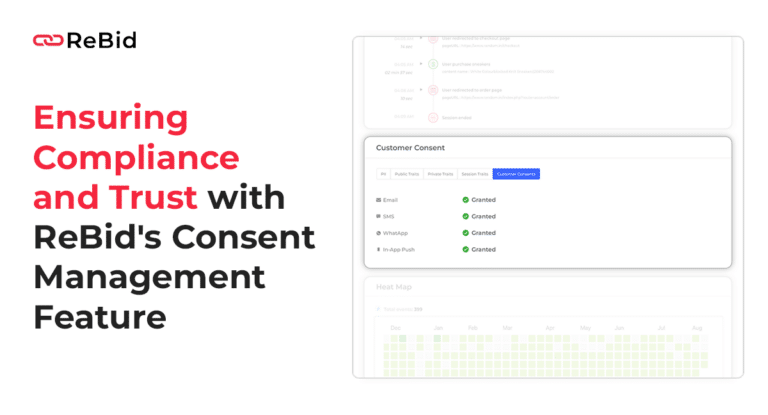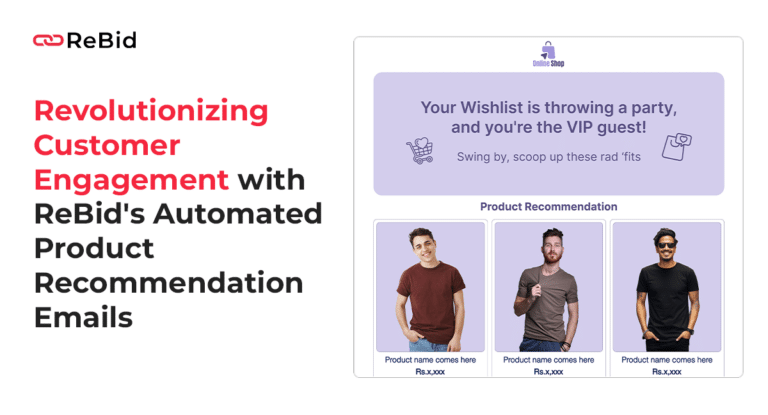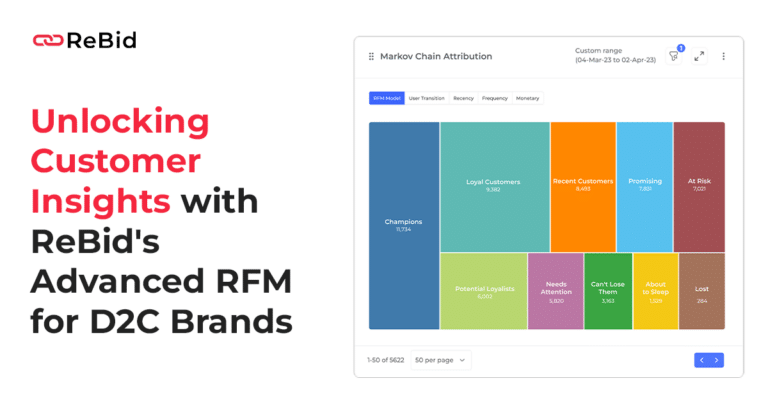Marketing automation is the secret sauce behind most successful companies. It’s the key to success and growth in any industry. It helps businesses increase efficiency and effectiveness while reducing costs. Marketers find marketing automation extremely beneficial because it saves them time and helps them achieve their goals faster. The key to using marketing automation effectively is understanding how it can help your business grow so that you can ultimately lead your industry. Read our guide to Marketing Automation to know more!

What is Marketing Automation?
Marketing automation is an advanced tool that can help you automate your marketing efforts in a way that saves you time, increases efficiency and effectiveness, and improves customer interactions. It allows marketers to create automated emails that are triggered by specific actions or events.
Marketing automation doesn’t just help you automate your existing email campaigns either. It can also be used for a variety of other marketing channels like lead generation, social media marketing, call tracking, website tracking, and more.
Marketing automation is frequently used by marketing teams to perform activities like:
- A/B testing to identify the most effective headlines, content, graphics, or offers
- Optimize content and marketing tactics using analytics and reporting
- Targeting and segmenting audiences
- Implementing consumer loyalty and retention initiatives
- Lead generation, lead nurturing and lead scoring
- Cross-selling and upselling tactics
Importance of Marketing Automation
- B2B Marketing: The very nature of business-to-business transactions makes it an ideal candidate for marketing automation. B2B customers and prospects comprise a small, focused market typically engaged in an ongoing repeat business relationship and a multi-stage procurement process. A lot of time can pass between the initial pitch and the final purchase, so automation helps take care of the long-term minutiae.
- Lead Generation: Leads are essential to the success of any organization. Marketing teams can spend more time concentrating on the leads with the highest potential and developing sales strategies because marketing automation can handle several steps in the process.
- Lead Prioritization and ROI Marketing: Generating leads is not enough; you also need to rank them. When a lead transitions from marketing to sales, marketing automation removes the element of uncertainty. Prioritizing the time of the sales team, determining the overall campaign efficacy, and gauging the success of the prospect’s touchpoints are all made easier with the use of marketing automation. Additionally, marketing automation may be used to compute your company’s costs per sales opportunity and the return on investment (ROI) of your marketing team’s efforts using analytics and pre-defined outcomes.
Get started with ReBid Insights to automate your marketing efforts
Examples
Here are some of the tasks that a marketer might consider in Marketing Automating:
- Analytics and ROI tracking – This automated analytics tool visualizes data and aids in finding patterns in consumer and market data.
- Planning, scheduling, and posting on social media – Several facets of social media marketing, like analytics, content posting, scheduling, and monitoring, are automated by these solutions.
- Campaign segmentation – Marketers utilize segmentation to customize recommendations, write copy that is specifically aimed at the right audience, nurture leads, and turn free users into paying customers.
- Campaign segmentation – Search engine optimization (SEO), social media scheduling and tagging, target audience analytics, and plagiarism checking are tasks that are frequently made easier with content automation.
- Email marketing – Email marketing can be very time-consuming. This useful tool makes email marketing easier, allowing you to put up lead generation forms and generate a variety of reports to monitor your progress.
- Lead generation, analysis, and management – Leads are essential to a business’ success. This solution automates lead generation, lead scoring, and lead generation for marketing and sales.
- Testing– It entails automating the testing procedure as well as managing, utilizing, and applying test data and outcomes to better software.
- Website visitor tracking – It is set up to keep track of people who come to your website and then gives you qualitative information about each visitor so you can get in touch with them later as a possible lead.
It might be difficult to decide which platforms and solutions to use for marketing automation. Here, however, our guide to Marketing Automation offers some of the best 2022 tools.

Guide to Marketing Automation Tools [2024]
1) Hubspot
HubSpot, an inbound marketing software, provides a wide range of functions, including marketing automation. This all-inclusive strategy can be quite useful. HubSpot is perfect for small business owners, an “all-in-one” tool that gives you the very basic functioning of several diverse marketing systems, which is also very easy to use.
Hubspot’s full growth suite includes Sales software, marketing software, and support software all which seamlessly interact with Hubspot’s CRM. The compound effect of having all of your data and growth activity in one place will unlock loads of creative automation possibilities that would be hard to implement if you use separate tools. Start at $200 per month.
![Guide to Marketing Automation Tools [2022]](https://36c63ff6.rocketcdn.me/wp-content/uploads/2022/07/image2-1024x1024.png)
2) ReBid Insights
ReBid Insights provides you a 360-degree view of all customers touch points like Email & SMS marketing, across all marketing channels & platforms. Activate data across various marketing automation platforms. Track customer journey, while measuring engagement and increase conversions.
Focus all your marketing efforts across ad tech and mar tech activities based on user interests & behaviors. With our AI-based segmentation, dynamic profiles, customer and product analytics find the most engaged and ideal customer. Go ahead and give us a try!
3) Marketo
Marketo is lauded as the apt automation tool. It contains a professional suite of characteristics that help marketers manage email campaigns, and also provide stunning tools for sales teams. Marketo also includes a marketplace, called LaunchPoint, with dozens of integrations.
If you’re not intending to use the system’s sophisticated features, you can get the same effects with one of the less expensive tools. To avoid having to migrate all of your data and campaigns later on, it might be a smart idea to start with a product like Marketo if you want to start with the fundamentals and progress into more advanced functionality in the near future. To understand better use of Marketo, there is an active and large knowledge base to enlighten yourself. Starts at $1,195 per month.
4) Pardot
Salesforce provides Pardot as a marketing automation tool which helps in marketing and sales teams can build strong pipelines and close more sales. Pardot serves as a central center for an organization to handle lead generation, prospecting, and campaigning. It is a B2B marketing automation technology that streamlines marketing operations across all channels and gives businesses the ability to follow prospects via all of their marketing platforms.
The feature-rich utility Pardot has editors integrated right in. Utilizing drag-and-drop tools, assist businesses in creating landing sites, bespoke forms, and social media content. Monitor a campaign’s return on investment and evaluate the effectiveness of the keywords. Lead scoring is an important element of Lead generation. Pardot enables businesses to follow up on lost Leads with pertinent information in order to nurture Leads more efficiently. Starts at $1,000 per user per month setup fee of $1,000 is charged.





